How the Military’s Quest for Alertness Could Change the Future of Rest
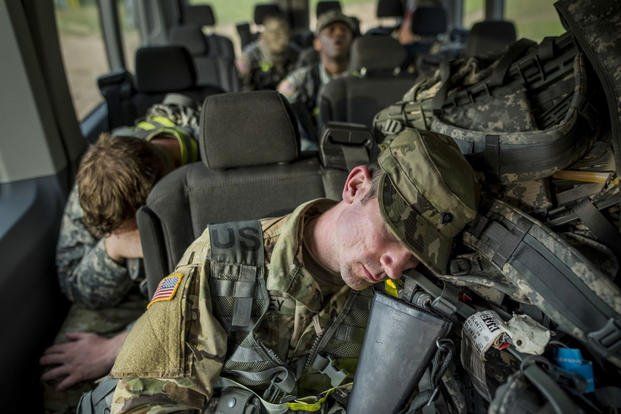
The military’s quest to eliminate the need for sleep is a fascinating and somewhat unsettling frontier of science and technology. Driven by the desire to enhance soldier performance and readiness, this pursuit is closer than ever to reality. Here are eight key insights into this ambitious endeavor.
1. The Drive to Overcome Human Sleep Limits
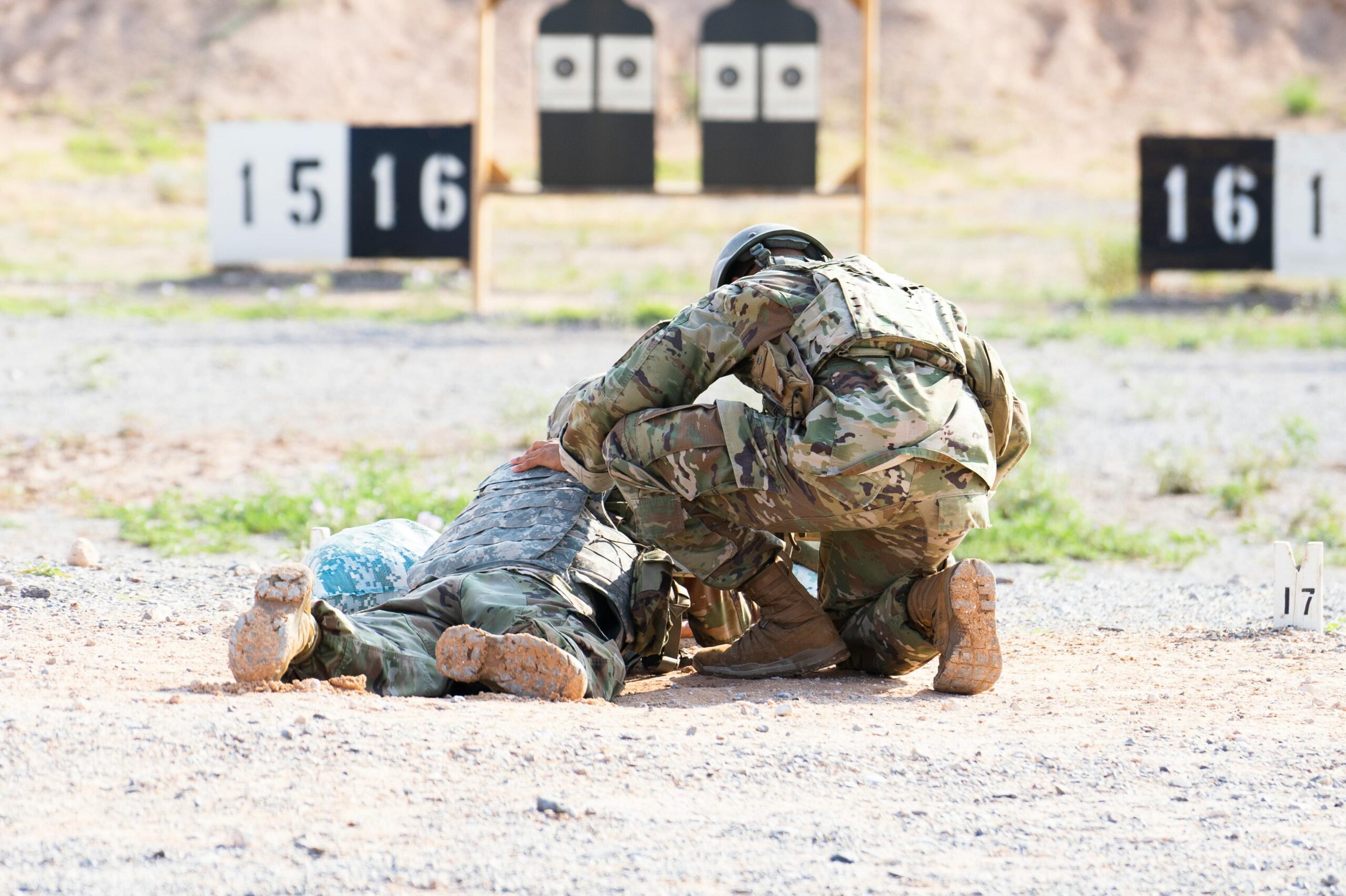
Sleep is fundamental to human health and cognitive function, but it also represents a vulnerability in military operations, as they often require personnel to work long hours and sleep-deprived conditions, which can negatively impact cognitive and physical performance, increase the risk of accidents, and even threaten mission success. The general notion is that the military’s interest in eliminating sleep stems from the goal of creating personnel who can operate continuously without the typical decline in performance caused by tiredness. However, the military is increasingly recognizing the importance of sleep for sustaining performance, safety, and health. Instead of trying to eliminate sleep, the focus is on managing sleep and alertness during operations to minimize the negative impacts of sleep deprivation. A research by Science Direct posits that this ambition is not just about endurance but about maintaining peak mental and physical capabilities during extended missions.
2. Advances in Neuroscience and Pharmacology
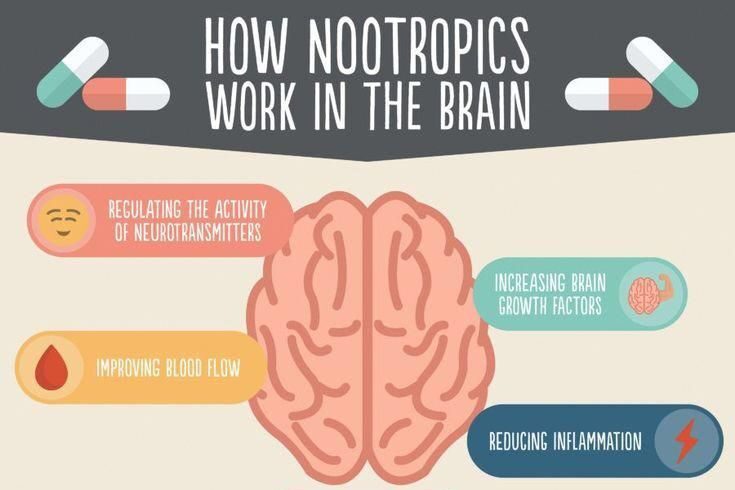
Recent breakthroughs in neuroscience have revealed much about how sleep affects brain function and how it might be modulated. The military is investing in drugs and technologies that can mimic the restorative effects of sleep or reduce the need for it altogether. For example, Stimulants like modafinil are commonly used to promote wakefulness and alertness, but researchers are exploring newer compounds that aim to mimic the cognitive benefits of sleep without the associated drowsiness and downtime. These compounds, According to the University of Oxford, are often referred to as “nootropics” or “smart drugs,” which aim to enhance cognitive functions like memory, focus, and creativity without the need for sleep. These developments suggest a future where soldiers can stay awake and alert for days with minimal side effects.
3. The Role of Genetic and Molecular Research
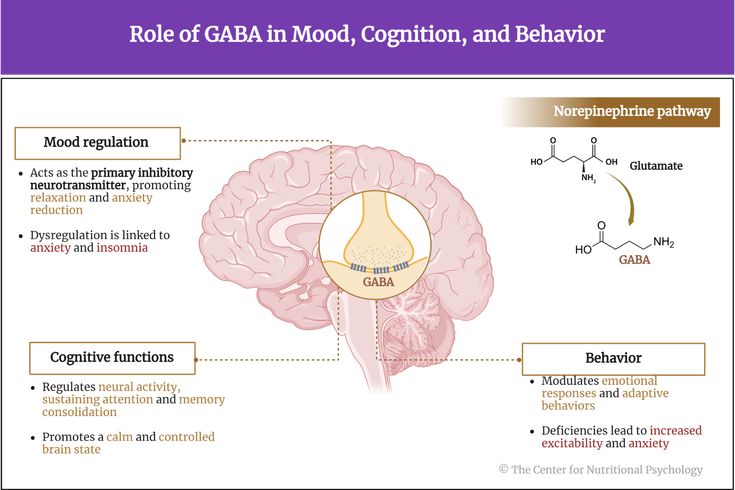
Scientists are also exploring genetic factors that influence sleep duration and quality. Some people naturally require less sleep, and understanding these genetic markers could lead to interventions that replicate this trait in others. Molecular research is also uncovering how certain proteins and brain chemicals regulate sleep cycles and another research reveals that sleep-wake cycles are regulated by a complex interplay of proteins and brain chemicals, including neurotransmitters and enzymes. Specifically, certain proteins, like protein kinase A (PKA) and protein phosphatase 1 (PP1), play distinct roles in promoting wakefulness or sleep, respectively. Additionally, NIH posits that neurotransmitters like GABA, which promotes sleep, and orexin/hypocretin, which promote wakefulness, are also crucial in this regulation. By targeting these pathways, it might be possible to engineer a state of wakefulness that does not compromise health or cognitive function.
4. Wearable Technology and Real-Time Monitoring

Wearable devices are revolutionizing military training and operations by providing continuous monitoring of soldiers’ physiological and neurological states. These devices can detect fatigue, stress, and cognitive decline in real-time, enabling tailored interventions to improve performance and enhance safety. As observed by Fibion, this technology supports the goal of eliminating sleep by providing immediate feedback and administering stimulants or other treatments precisely when needed, optimizing performance without the traditional rest periods.
5. Ethical and Health Considerations

While the military’s goal is to enhance operational effectiveness, eliminating or prolonging the need for sleep raises significant ethical and health concerns. Sleep is critical for immune function, memory consolidation, and emotional regulation. Long-term deprivation can lead to severe physical and psychological problems. Furthermore, Sleep deprivation weakens the immune system, making individuals more susceptible to infections and chronic illnesses. This is because sleep helps regulate immune responses and supports processes like wound healing and fighting off pathogens. Now, the challenge is to find a balance where soldiers can function without sleep temporarily, and without suffering lasting harm; a line that science is still trying to define.
6. Testing in Controlled Environments
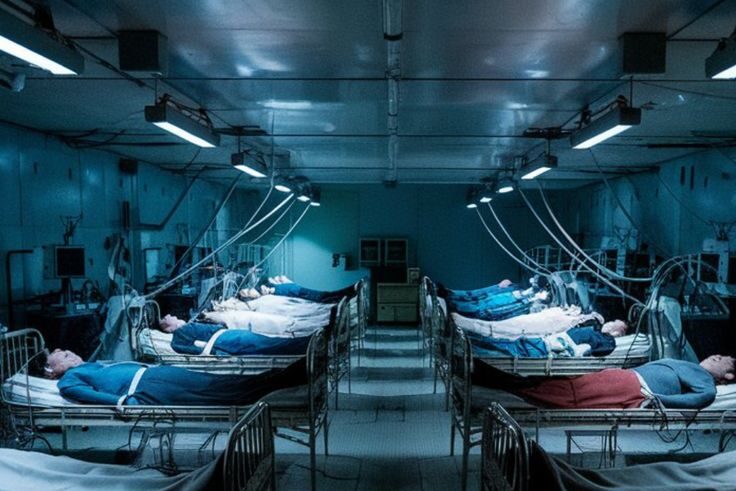
Currently, experimental studies are underway in controlled settings where volunteers undergo extended wakefulness with various interventions. These tests help researchers understand the limits of human endurance and the effectiveness of sleep-eliminating technologies. The military’s involvement ensures that findings are rapidly translated into practical applications, although real-world conditions remain more complex and unpredictable.
7. Potential Civilian Applications

While primarily developed for military applications, the technology to reduce or eliminate sleep could offer significant benefits to civilians, especially in areas like remote or shift work, emergency response, and even for general productivity. The potential for enhanced wakefulness and productivity could be valuable for individuals facing demanding schedules, those working in high-stress environments, and anyone seeking to maximize their time. However, the implications for society, including work-life balance and health, must be carefully considered as these technologies advance.
8. The Future of Sleep and Human Performance

The quest to eliminate or reduce sleep is reshaping our understanding of human limits. While complete elimination of sleep remains a challenging goal, progress in pharmacology, genetics, and technology is bringing it closer. Also, the military’s pursuit reflects a broader trend toward enhancing human performance through science, but it also highlights the need for caution and ethical oversight as we push the boundaries of biology. As these developments unfold, they promise to transform not only military operations but also how we think about rest, performance, and the human body itself.
If you found this exploration intriguing, stay tuned for more insights into how science is reshaping our world and what it means for our future.


